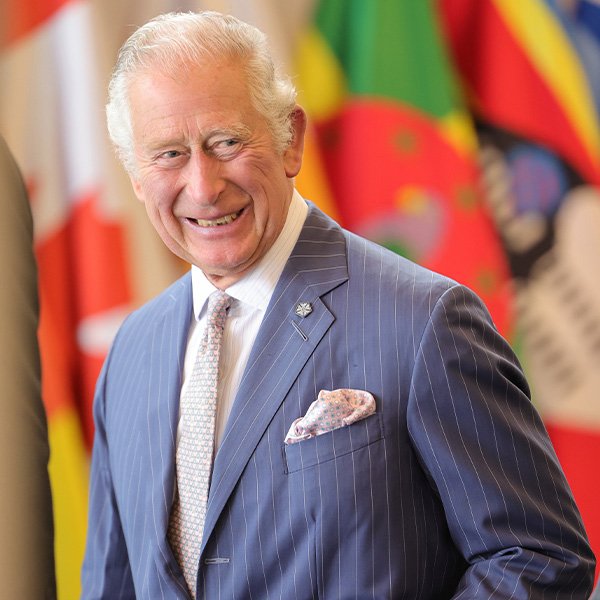“Ours is an association not just of shared values, but of common purpose and joint action.”

Strengthen the means of implementation and revitalize the Global Partnership for Sustainable Development.
For the common good
Seventy-five years and counting
The family of member states that is the modern Commonwealth was established in 1949 and has continued to grow, adapt, and evolve ever since. Born out of the London Declaration legislative act, which formalized the organization’s democratic structure and egalitarian outlook, the association of nations constitutes 56 independent countries with a shared set of values that aims to deliver peace and prosperity on a local, national, and international scale.
To celebrate the Commonwealth’s landmark anniversary, St James’s House and the History of Parliament Trust – a hugely respected academic body funded by both the UK’s Houses of Parliament – have joined forces to produce a comprehensive campaign entitled The Commonwealth at 75. Spanning high-quality print, digital, and film formats, this international initiative provides an in-depth exploration of the organization’s fascinating story, from its early incarnations to its present-day operations as a global collective committed to addressing the challenges and opportunities of today.
“The Commonwealth ethos of co-operation and solidarity is brilliantly captured,” says the Commonwealth Secretariat’s former Deputy Secretary-General Ransford Smith, reflecting on The Commonwealth at 75. “It is an ethos defined by the common values that anchor this voluntary association of states, its associated intergovernmental organisations, and its wide array of civic, cultural, and professional bodies, as well as its network of parliamentary, juridical, and administrative entities, all engaged in mutual collaboration towards shared goals.”


A champion of sustainability
These goals include the Commonwealth’s core principle of promoting sustainable practices – a global drive that firmly embraces many of the UN’s Sustainable Development Goals (SDGs). As The Commonwealth at 75 campaign’s accompanying book of the same title explains, it’s an objective that is shared and supported wholeheartedly by the current Head of the Commonwealth, King Charles III, who has advocated for the environment throughout his adult life.
One of the King’s first public speeches following his accession to the throne was to the congregation at Westminster Abbey, and the watching world, on Commonwealth Day 2023. His Majesty’s address underscored the Commonwealth’s crucial role in tackling some of the most urgent issues of our times, emphasizing the day’s theme of “Forging a sustainable and peaceful common future” and the organization’s collective commitment to environmental stewardship.
“Whether on climate change and biodiversity loss, youth opportunity and education, global health, or economic co-operation, the Commonwealth can play an indispensable role in the most pressing issues of our time,” said the King. “Ours is an association not just of shared values, but of common purpose and joint action.”
Did you know?
The Commonwealth’s membership spans five continents and more than a third of the world’s population, including one-and-a-half-billion people under the age of 30.